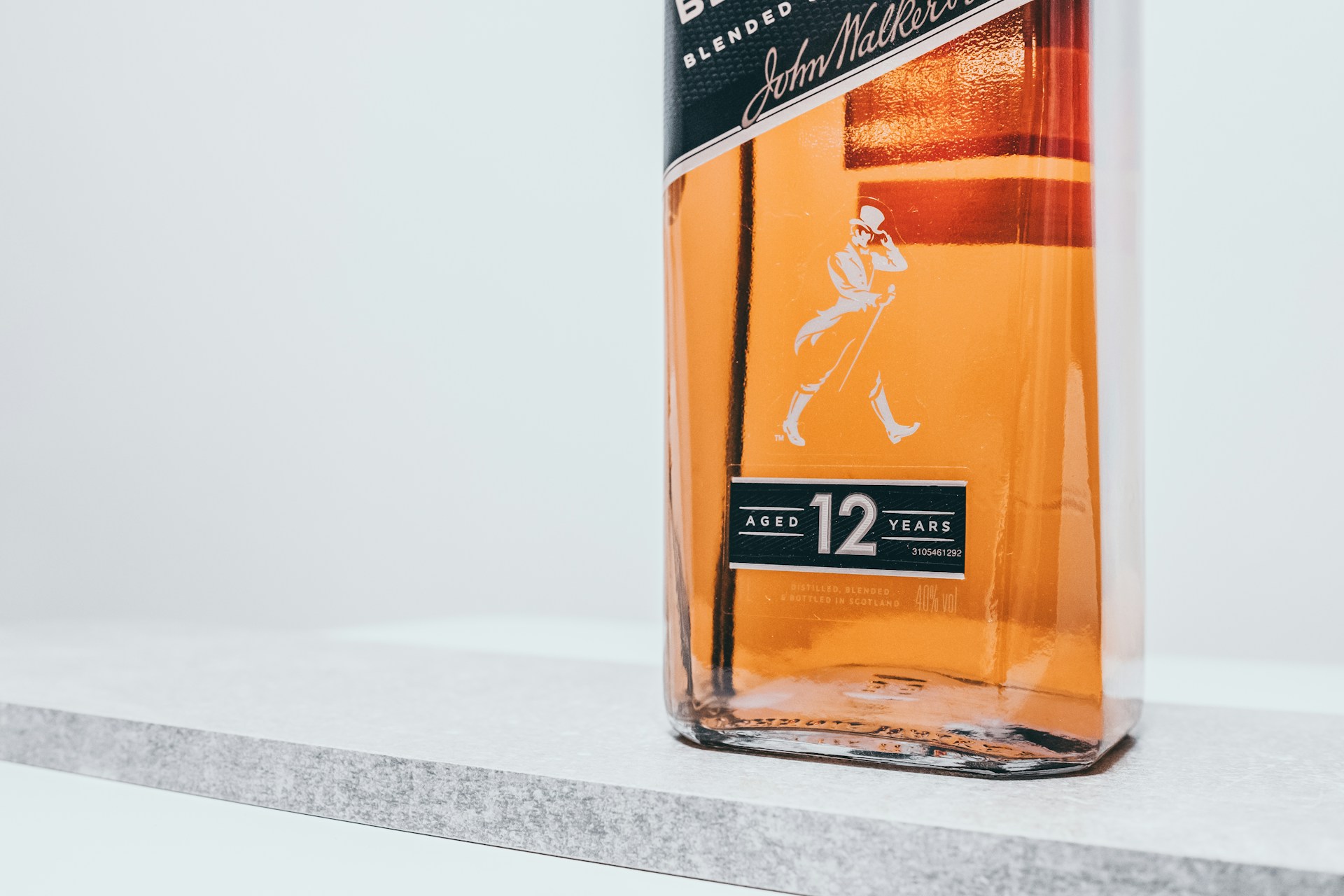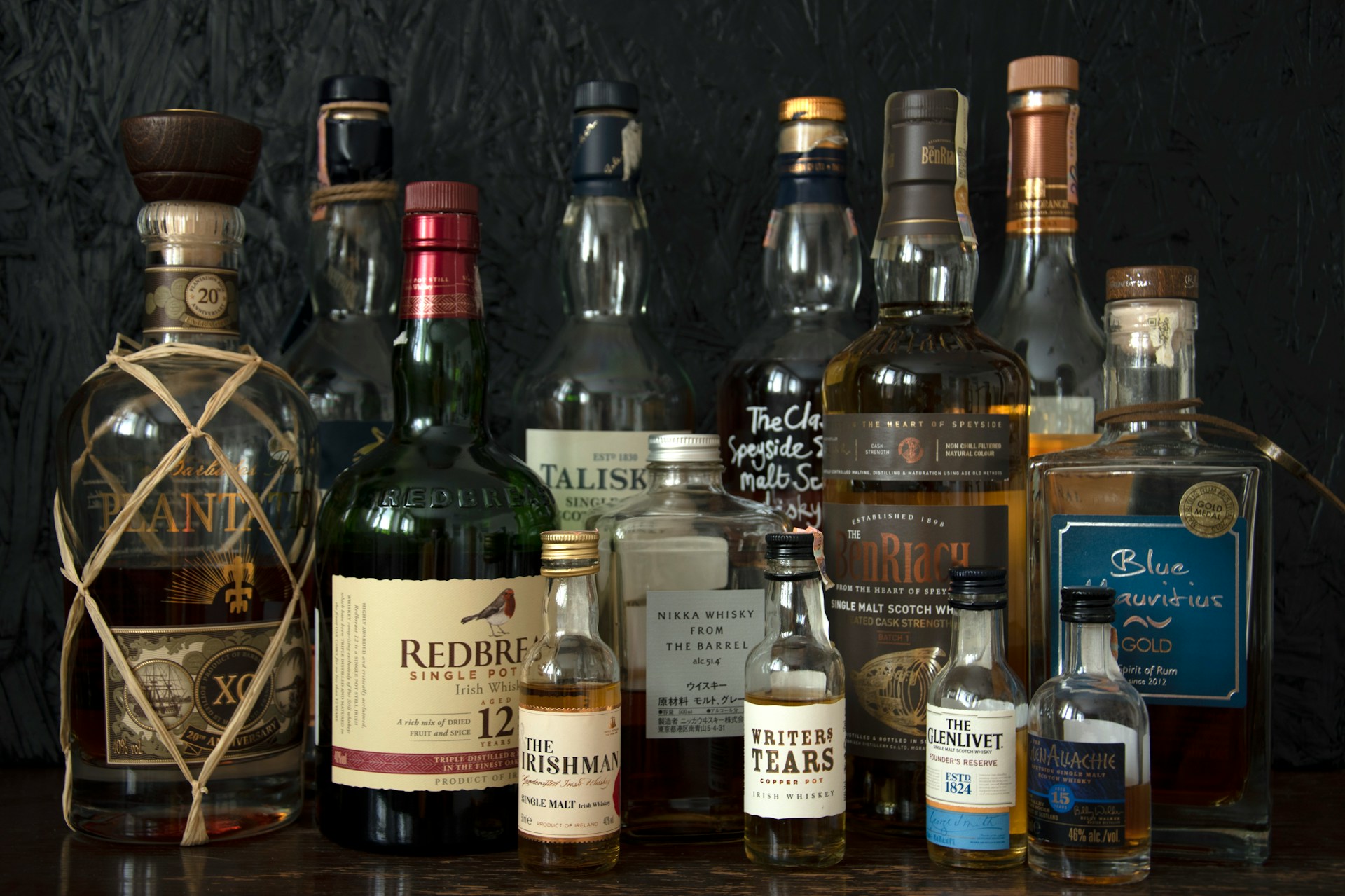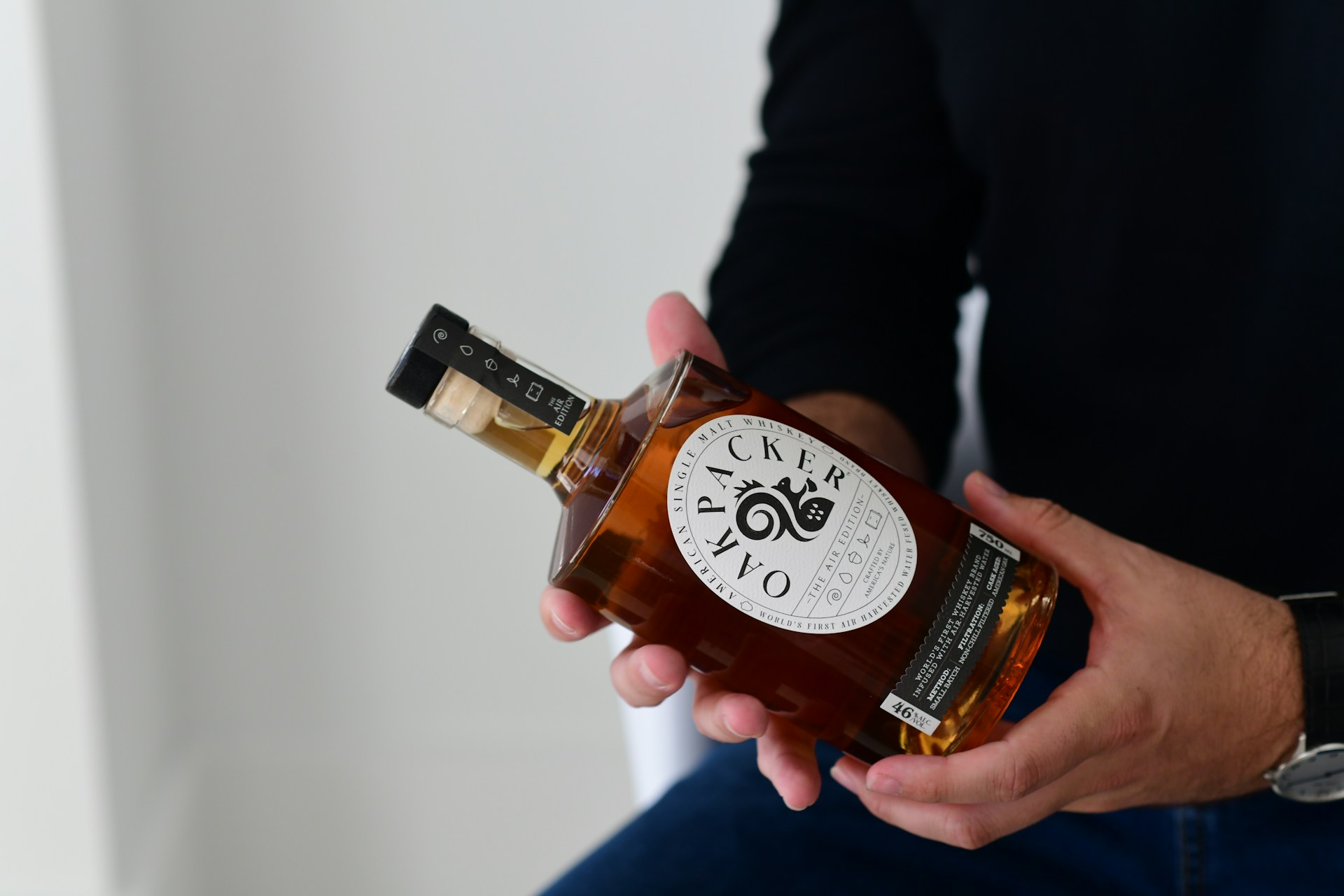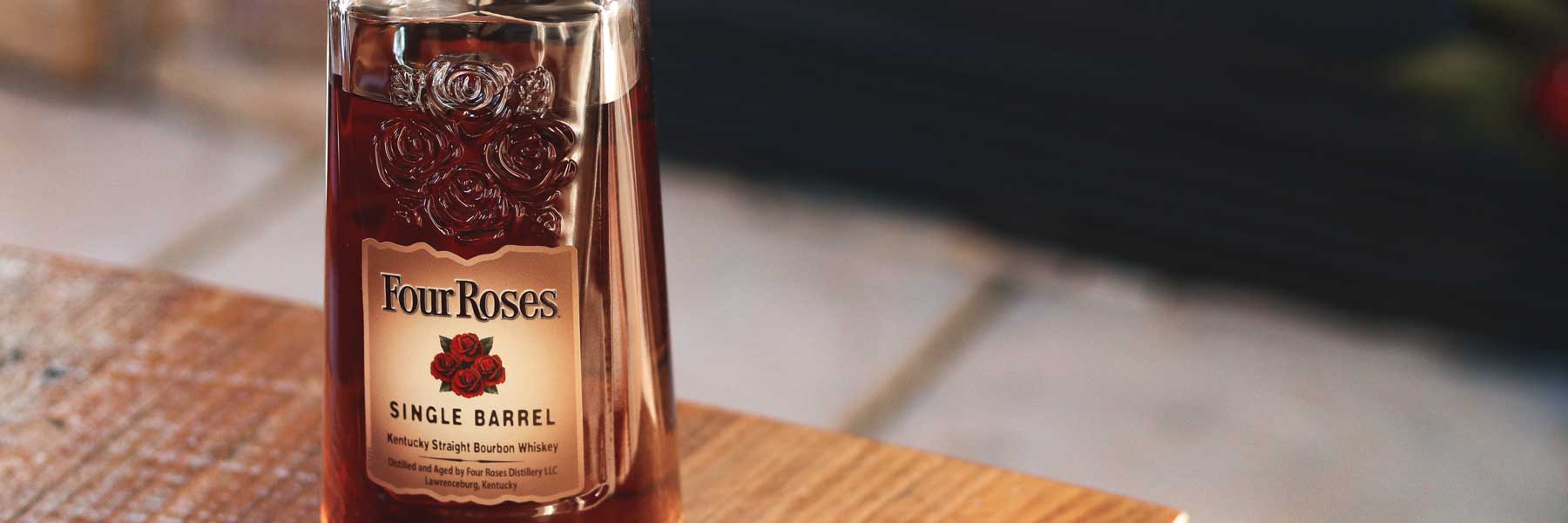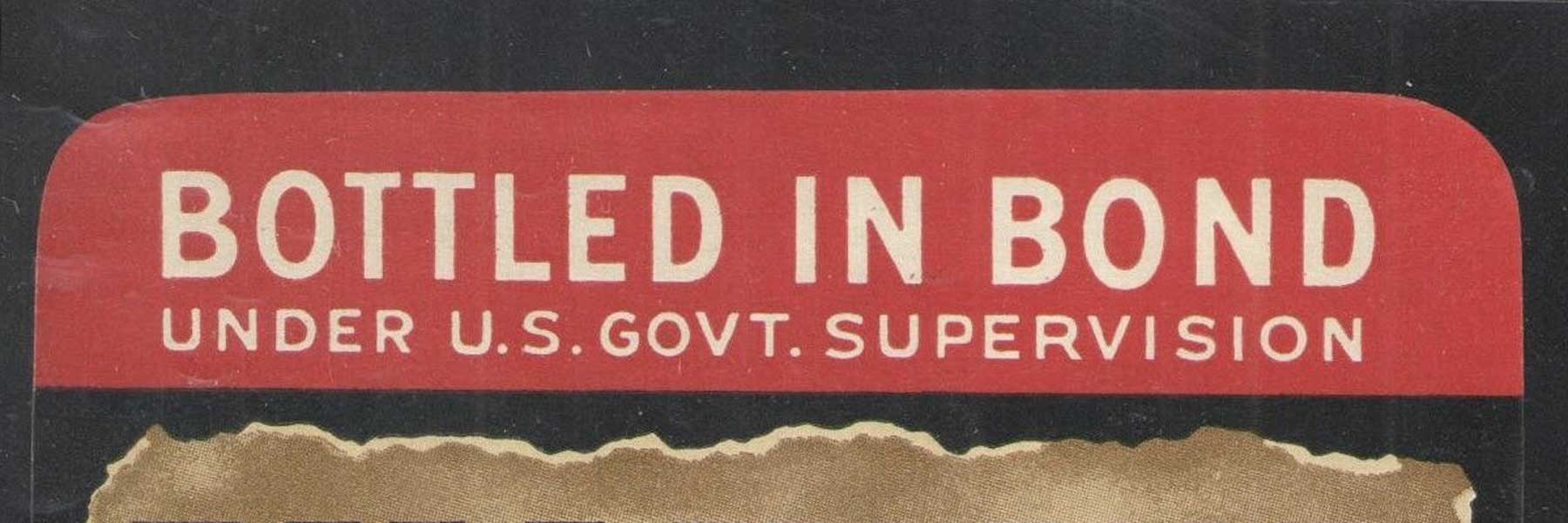Can You Store Whiskey in the Freezer? Exploring the Effects on Flavor and Quality
Storing a bottle of whiskey in the freezer has become a increasingly common practice among those who prefer their booze in the freezer, ready for a chilled sip.
However, this method of storage can stir up a debate among whiskey enthusiasts regarding its impact on the spirit’s flavor and quality. When freezing a liquid, especially one as complex as whiskey, there are chemical reactions that might affect its taste and aroma.
The low temperatures significantly slow down these reactions, which can preserve the whiskey’s quality over time.
Let’s take a closer look.
The Impact of Freezing on Whiskey’s Complex Aromas
When a spirit in the freezer reaches a low temperature, it undergoes a transformation that can dull its complex aromas. The cold can suppress the evaporation of the whiskey’s volatile compounds, which are responsible for delivering its full aromatic profile to the nose and palate. A whiskey neat, at its optimal temperature, offers a bouquet of scents that entice the senses and enhance the tasting experience.
Freezer Mutes Bourbon and Whiskey Flavors
Freezing a liquid like whiskey can have a notable effect on its flavor profile. The cold temperature of the freezer can mute the intricate flavors of bourbon and whiskey, making them less discernible to the palate.
While some drinkers may prefer the smoothness and reduced bite that comes with chilled whiskey, others may find that the cold masks the very characteristics that make whiskey unique.
The Science Behind Tasting Notes and Cold Temperatures
Tasting notes in whiskey are a symphony of flavors that unfold as the drink warms in the mouth. However, when it comes to cold whiskey, the low temperatures can inhibit the taste buds’ ability to detect these flavors fully.
This is because the chemoreceptors on our tongue, which are responsible for taste, become less sensitive in colder conditions. As a result, the whiskey’s profile can seem less complex and more subdued.
From a scientific standpoint, the optimal temperature for tasting whiskey is just above room temperature. This allows for the perfect balance of volatility and evaporation, ensuring that the full spectrum of flavors is available to the drinker.
By contrast, when whiskey is served too cold, the experience is dampened, as the flavors cannot volatilize as effectively, leading to a more muted tasting experience.
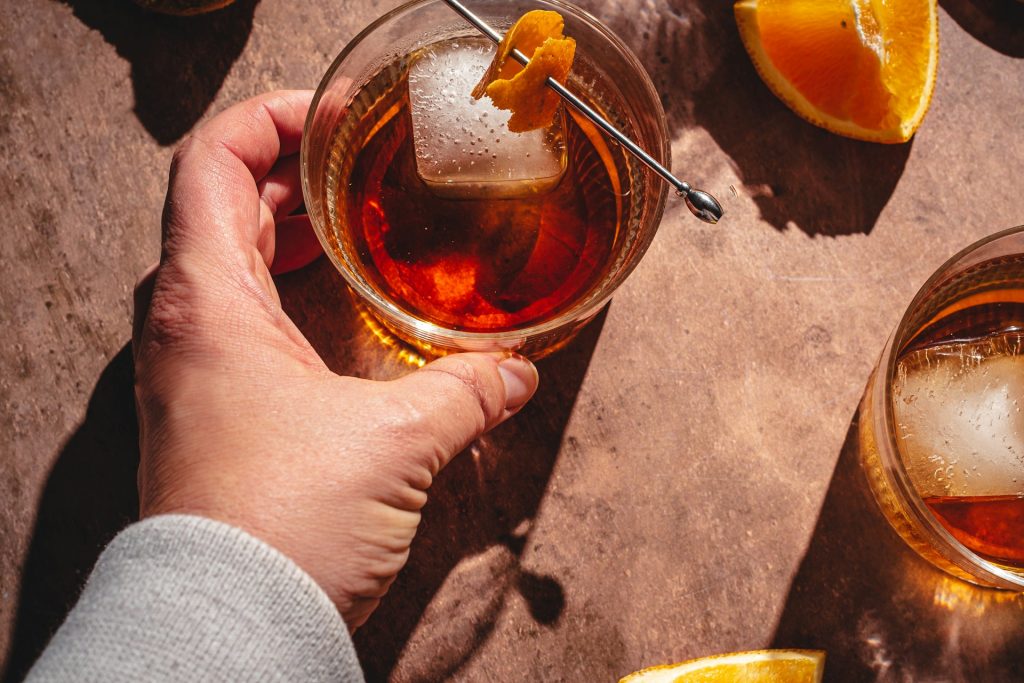
To Freeze or Not to Freeze: Understanding the Whiskey Sipping Experience
Deciding whether to store whiskey in the freezer comes down to personal preference and the desired sipping experience. Some whiskey drinkers appreciate the sharp, clean sensation of whiskey in the freezer, likening it to the crispness of vodka in the freezer.
The cold can smooth out the alcohol’s burn, making the drink more approachable for those who are put off by the stronger flavors and aromas.
However, for purists, the act of chilling whiskey is often seen as a compromise, as it can dull the whiskey’s complexity. Traditionalists argue that whiskey should be sipped slowly, at a temperature that allows the drinker to appreciate the full range of flavors and aromas. In this view, the freezer’s chilling effect is an impediment to the true appreciation of the spirit’s craftsmanship.
What Happens When You Sip Whiskey from the Freezer
Sipping chilled whiskey from the freezer can be a refreshing experience, especially during warmer months or in a social setting where a quick, cool drink is desired.
The cold sensation can be pleasing, and the reduced alcohol burn might make the drink more palatable to casual drinkers. However, the nuances that define the whiskey’s character may be less apparent, offering a different appreciation of the spirit.
Personal Taste Preferences vs Traditional Serving Recommendations
Whiskey enthusiasts often debate the merits of personal taste preferences versus traditional serving recommendations. Some argue that whiskey should be enjoyed however the individual prefers, even if that means storing it in the freezer.
Others uphold the idea that whiskey’s complexity is best appreciated when served at a warmer temperature, as recommended by distillers and connoisseurs alike. In the end, the choice to chill or not to chill whiskey is a matter of personal taste.
Traditional serving recommendations are grounded in the understanding that whiskey’s flavors and aromas are more pronounced at room temperature. These guidelines are not meant to be restrictive but rather to offer a baseline for experiencing whiskey as the maker intended.
While exploring different temperatures can be part of the whiskey journey, it’s worth considering the impact that extreme cold may have on the overall tasting experience.
Debating the Freezer Storage Method for Different Whiskeys
The decision to store different types of whiskey in the freezer is subject to various opinions and preferences. Some whiskey styles may be more amenable to chilling than others, and the choice often hinges on the individual’s taste and the specific qualities of the whiskey. Whether one chooses to keep their bourbon, scotch, or rye whiskey in the freezer, it’s clear that experimentation is key to finding the preferred method of storage and consumption.
Will My Bourbon or Liquor Freeze at Home?
Spirits in the freezer, including bourbon and other liquors, are unlikely to freeze solid due to their high alcohol content. The freezing point of a spirit is directly related to its alcohol by volume (ABV); the higher the ABV, the lower the freezing point.
Typically, liquor stored in the freezer, like 60 proof or 30% ABV liquor, remains liquid even as the temperature drops. However, anything around 40 proof or 20% ABV may freeze if the freezer is particularly cold.
Factors Influencing Whiskey’s Freezing Point
When placing a spirit in the freezer, several factors influence its freezing point. The ABV plays a crucial role; a higher ABV means a lower freezing point, making it less likely for the whiskey to freeze.
Whiskey neat, served without dilution, will have a higher ABV and, therefore, a lower freezing point than whiskey that has been mixed or diluted. The composition of the whiskey, including any additives or residual water content, also affects its ability to freeze.
Freezers set to standard household temperatures are usually not cold enough to solidify high-ABV spirits. However, the consistency of the whiskey may change, becoming more viscous or syrupy at colder temperatures. This can alter the mouthfeel and potentially affect the flavor perception when sipping the whiskey straight from the freezer.
Some Bourbons and Whiskies Get Cloudy in the Freezer
As the temperature drops, some bourbons and whiskies may become cloudy, a phenomenon known as “flocking” or “chill haze.” This occurs when the fatty acids and proteins in the whiskey, which are soluble at room temperature, begin to solidify and separate from the solution. While this doesn’t harm the flavor profile, it can affect the aesthetic appeal of the whiskey. The cloudiness often disappears once the whiskey returns to room temperature, as the volatile compounds re-dissolve into the liquid.
Clarifying the Aesthetics of Chilled Whiskey
Chilled whiskey, with its potential for cloudiness, brings an aesthetic dimension to the debate over storage methods. While some drinkers may be concerned about the appearance of their whiskey when it turns cloudy, others find the visual change to be a non-issue.
The key consideration is that the cloudiness does not indicate a fault in the whiskey or a detriment to its taste but rather a natural reaction to the cold.
For those who prioritize clarity in their whiskey, allowing the spirit to warm up slightly before serving can help. Aesthetics are a part of the overall whiskey experience for many enthusiasts, and knowing how temperature affects the appearance of whiskey can be as important as understanding its impact on taste.
Ultimately, the decision to store whiskey in the freezer will depend on one’s personal preference for both the taste and appearance of their dram.

Concluding Thoughts: Is the Freezer Right for Your Whiskey?
In the end, whether to store your liquor in the freezer boils down to personal preference. Some might enjoy the muted flavors and thickened texture that result from the low temperatures, finding it enhances their whiskey cocktail experience.
However, for those who savor the nuanced taste profiles of whiskey, keeping it at room temperature and away from direct sunlight is advisable. Kevin Liu, the chief cocktail maker at the Tin Pan, suggests that whiskey’s complexity is best appreciated without the numbing effect of extreme cold.
When it comes to cocktail recipes, a chilled whiskey can be a delightful base for a refreshing drink. Yet, it’s important to remember that the flavors will not be as pronounced as they would be at a warmer temperature.
Ice cubes can be used to achieve a cold whiskey cocktail without the need to freeze in a regular freezer, allowing for a gradual release of flavors as the ice slowly melts. This method is preferred by many enthusiasts, as it provides a balance between temperature and taste.
Whiskey is to create desirable volatiles and complex aromas during the aging process, and freezing it may hinder the appreciation of these aspects. While spirits like vodka, with comparatively fewer volatiles, can withstand freezing without significant loss of character, whiskey’s intricate profile is more susceptible to the dulling effects of the cold.
As such, for those who cherish the full sensory experience of whiskey, the freezer is perhaps not the optimal storage solution. Ultimately, the decision to chill or not to chill should align with one’s personal enjoyment and the intended use in recipes.


